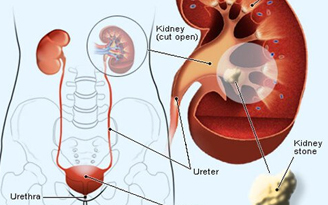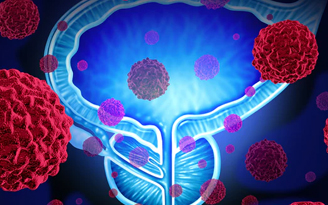What you need to know when visiting the urologist in Jaipur
Urological surgery is used to treat obstructions, dysfunctions, inflammatory diseases, and cancer. Surgery is required if medications and other urological procedures do not give the desired results.
There are many types of urological procedures, each with its own indication. For example, in the case of cancer, there is a “blue” photodynamic Cystoscopy for bladder cancer, transurethral resection of a bladder tumor, and radical Cystectomy for muscle infiltration or non-invasive bladder cancer. Radical orientation of testicular cancer; radical Nephrectomy with radical prostatectomy for kidney and prostate cancer. Benign diseases include the selective evaporation of prostatectomy and the green laser of the prostate in benign prostatic hyperplasia.
If the problem is diagnosed with the urinary system, regardless of whether you have cancer or not, you should immediately contact an experienced and qualified urologist. When consulting with a urologist in Jaipur, you should know:
Type of treatment: Know the different urinary system options. Since urological procedures are often considered a last resort, you may be asked about alternatives, such as medications or other urological procedures that can improve your condition. For example, some diseases of the prostate gland are sometimes recommended for transurethral microwave hyperthermia, transurethral needle ablation and thermotherapy caused by water. Understand your expectations for each treatment, especially the treatment plan, the type of urination problem, which is an important stage and scale of the disease, as these factors influence the most appropriate solution.
Type of operation: if urology is required, the type of operation performed under similar conditions should be known. Surgery, laparoscopic surgery (several small incisions) and procedures such as resection of the prostate without an external incision are open.
Experience with surgeons and services: You should also check the number of surgeons and activity in the hospital compared to other similar devices.
Benefits: It is advisable to understand the benefits of prescription drugs or recommended urological procedures. You can also ask the patient if he is not satisfied with the results. The long-term effectiveness of surgery or treatment is also important.
Associated risks: Any treatment for diseases of the urinary tract can have some side effects. It is important to discuss the side effects or potential risks associated with the prescribed medication or recommended intervention. Some operations include postoperative control of urine and urinary incontinence. Some treatments may affect sexual function. For example, most surgical procedures on the prostate gland, especially trans urethral resection of the prostate gland and selective laser evaporation in the green light of the prostate gland, can lead to a state of known reverse ejaculation, in which semen enters the urethra. You can take laser surgery for enlarged prostate in Jaipur with affordable prices from Institute of Urology.
Recovery phase: You can also discuss the recovery phase after surgery. It may take 2 to 3 months to return to normal daily life.
It is also important to understand all the nutritional supplements, pelvic movements or lifestyle changes necessary to improve and maintain the health of the urinary system.




Good.
ReplyDeleteIf you are suffering from chronicle abdominal pain in lower stomach, you need to visit a Urologist. DR. Nitin Negi is our best urologist in Jaipur. Take an appointment with our expert to consult your health issues.
Lovely Information. Thanks for sharing this blog about Urologist in Jaipur. Also, you can get information about Urologist in Punjab on my official page Urologist In Firozpur.
ReplyDelete